Iris Sibirica ‘Butter And Sugar’
$13.00 Original price was: $13.00.$9.10Current price is: $9.10.
- Excellent customer service online in a timely manner
- The Quality Choice for Smart Shoppers
- 100% High Quality Guarantee
- Get the quality you deserve, for less.

Product Details
Iris sibirica ‘Butter and Sugar’ features possibly the most important color break in Siberian Iris breeding. This Currier McEwen cross offers falls of bright butter yellow between neat white standards. The large, shapely flowers are carried on 28″ stems, and in our gardens we find that the colors blend superbly with every other Siberian Iris. ‘Butter and Sugar’ is an easy choice.
Siberian Irises combine easy care with grace and beauty. Group them together or scatter them throughout a perennial border or foundation planting. Their flowers rise above sturdy stems and slender leaves, and feature intricate, arching standards and ruffled falls. They make stunning cut flowers. Iris breeders are dramatically changing the range of colors, heights, and bloom times available in this group. Siberian Iris often begin to flower in late May, but the peak of bloom here is in the first half of June. Their thick roots drive down deeply, which makes them drought resistant (though they also thrive in damp soil) and great plants for holding steep banks in place. Each clump becomes huge, and when a group of them grows together, weeds can’t grow in between. After bloom, the grassy leaves stand erect and green through the growing season. Siberian Iris struggle in the desert Southwest.
The Iris genus is named for the Greek goddess of the rainbow, and it’s easy to see why. These brilliantly colored, spring-flowering perennials are part of a huge plant family that contains upwards of 300 species. Iris range from timid and inconspicuous wildlings to the splendid and extravagant Tall Bearded Iris, which create striking vertical highlights in the late spring border. The chosen habitats of Iris range from standing water to formal borders, and there is scarcely a color or combination of colors that can’t be found. Iris plants are fairly indestructible. They thrive in most parts of the country and are largely critter resistant. Adding to their appeal, they are magnets for hummingbirds and other pollinators. Even after bloom, the vertical foliage persists through the growing season. Plant a variety and enjoy a rainbow of colors that will return year after year in your garden.
For more information on growing Siberian Iris, click Growing Guide.
Be the first to review “Iris Sibirica ‘Butter And Sugar’” Cancel reply
Related products
Bestsellers
Foundation Plantings
Bestsellers
Garden Designs
Garden Designs
Garden Classics
Garden Designs
Garden Classics

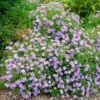
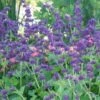
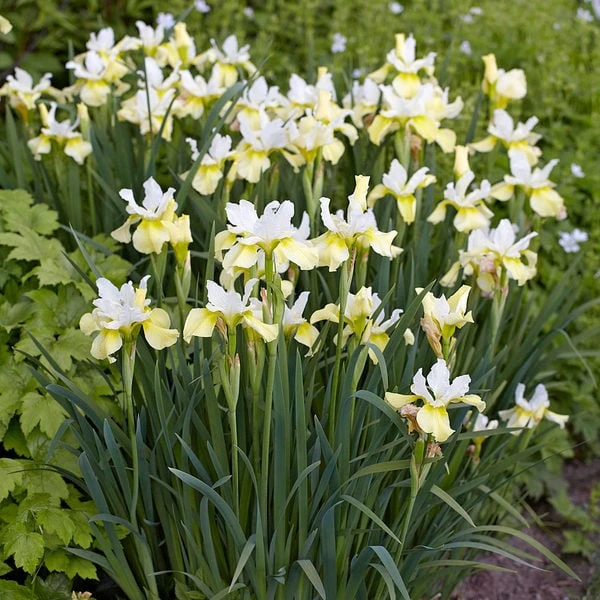
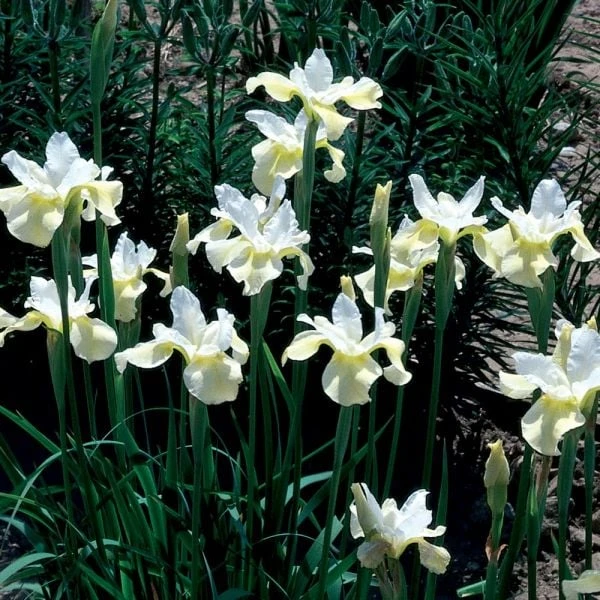
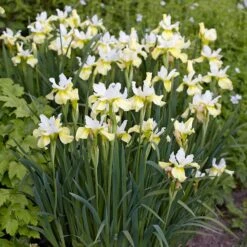
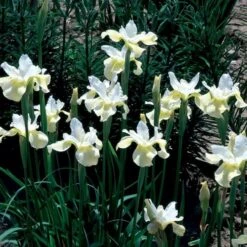
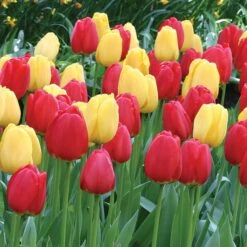
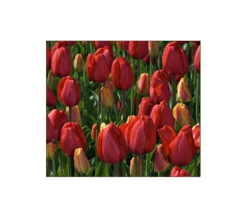
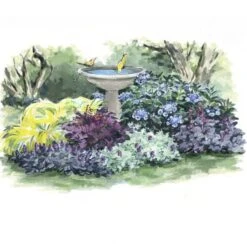
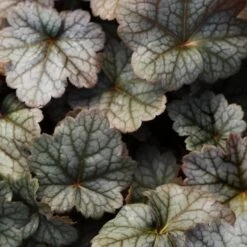

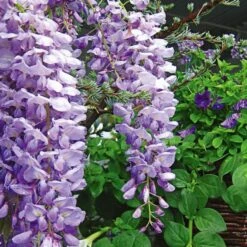

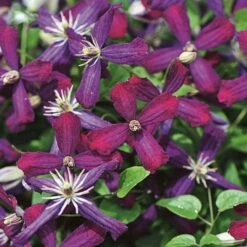

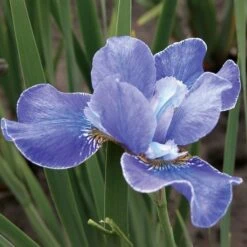
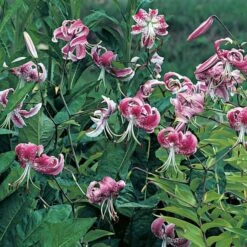

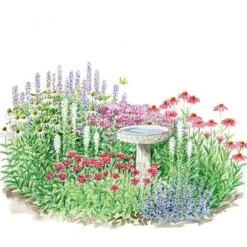

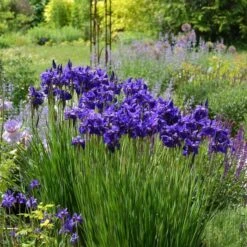

Reviews
There are no reviews yet.